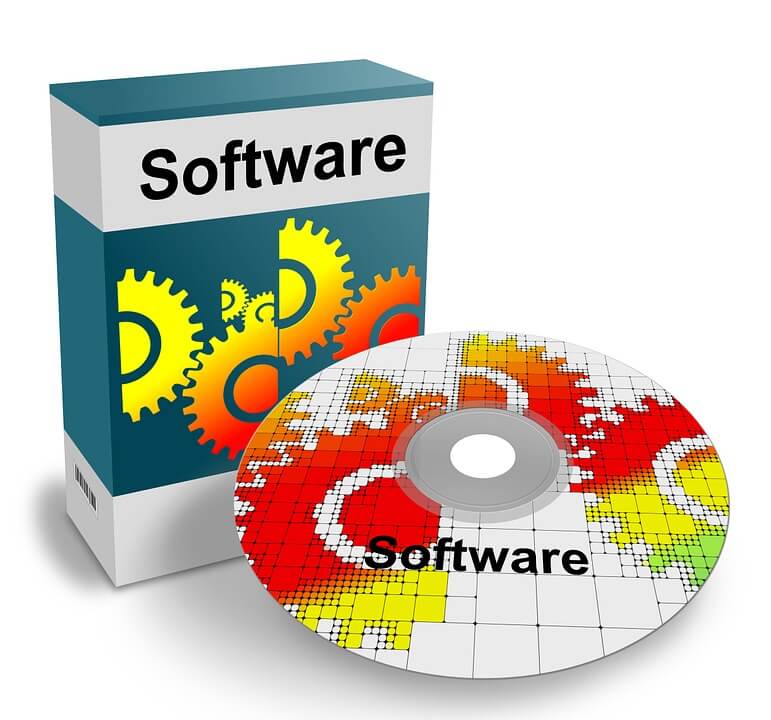 After becoming a party to the Agreement on Trade-Related Aspects of IP Rights (TRIPs), India significantly amended its IP laws to comply with various requirements set out in TRIPs. Article 27(1) of TRIPs states that patent protection for new, inventive and industrially applicable inventions must be available without discrimination based on the technical field of an invention. In respect of software, Article 10(1) of TRIPs mandates the protection of computer programs, whether in source code or object code, as literary works under the Berne Convention, to which India has also acceded. However, TRIPs is silent on the patentability of software inventions, unlike the patentability of pharmaceuticals and agricultural chemical products, which is specifically mandated through Article 70(8). Further, Articles 10(2) and (3) of TRIPs explicitly allow its members to exclude certain inventions (eg, those contrary to public order or morality, methods of treatment and essentially biological processes) from patentability. To this end, Article 27 of the Patent Cooperation Treaty (PCT) also allows contracting states to prescribe their own substantive conditions of patentability.
After becoming a party to the Agreement on Trade-Related Aspects of IP Rights (TRIPs), India significantly amended its IP laws to comply with various requirements set out in TRIPs. Article 27(1) of TRIPs states that patent protection for new, inventive and industrially applicable inventions must be available without discrimination based on the technical field of an invention. In respect of software, Article 10(1) of TRIPs mandates the protection of computer programs, whether in source code or object code, as literary works under the Berne Convention, to which India has also acceded. However, TRIPs is silent on the patentability of software inventions, unlike the patentability of pharmaceuticals and agricultural chemical products, which is specifically mandated through Article 70(8). Further, Articles 10(2) and (3) of TRIPs explicitly allow its members to exclude certain inventions (eg, those contrary to public order or morality, methods of treatment and essentially biological processes) from patentability. To this end, Article 27 of the Patent Cooperation Treaty (PCT) also allows contracting states to prescribe their own substantive conditions of patentability.



